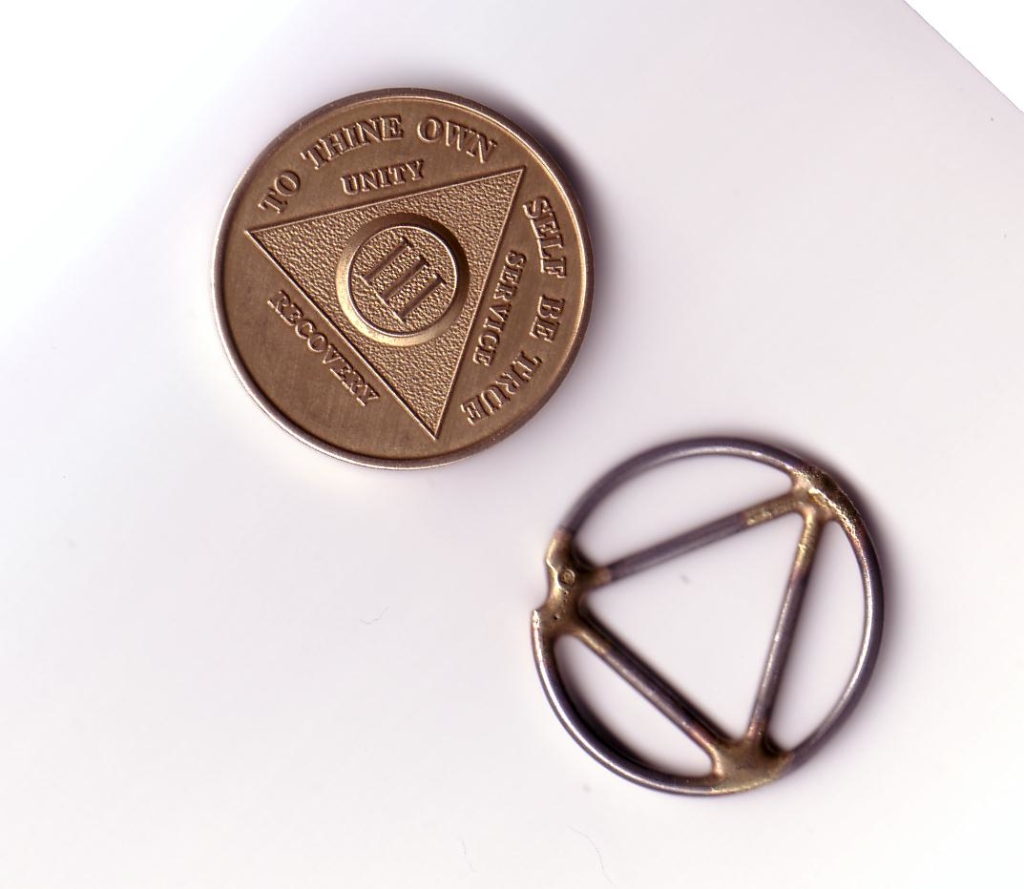
What is Alcoholics Anonymous?
Alcoholics Anonymous is an international fellowship of men and women who have had a drinking problem. It is nonprofessional, self-supporting, multiracial, apolitical, and available almost everywhere. There are no age or education requirements.
Membership is open to anyone who wants to do something about his or her drinking problem.
Singleness of Purpose and Problems Other Than Alcohol
Some professionals refer to alcoholism and drug addiction as “substance abuse” or “chemical dependency.” Nonalcoholics are, therefore, sometimes introduced to A.A. and encouraged to attend A.A. meetings. Anyone may attend open A.A. meetings, but only those with a drinking problem may attend closed meetings.
A renowned psychiatrist, who served as a nonalcoholic trustee of the A.A. General Service Board, made the following statement: “Singleness of purpose is essential to the effective treatment of alcoholism. The reason for such exaggerated focus is to overcome denial. The denial associated with alcoholism is cunning, baffling, and powerful and affects the patient, helper, and the community. Unless alcoholism is kept relentlessly in the foreground, other issues will usurp everybody’s attention.”
What does AA do?
A.A. members share their experience with anyone seeking help with a drinking problem; they give person-to-person service or “sponsorship” to the alcoholic coming to A.A. from any source.
The A.A. program, set forth in our Twelve Steps, offers the alcoholic a way to develop a satisfying life without alcohol.
This program is discussed at A.A. group meetings.
What AA Does Not Do
- Furnish initial motivation for alcoholics to recover.
- Solicit members.
- Engage in or sponsor research.
- Keep attendance records or case histories.
- Join “councils” of social agencies.
- Follow up or try to control its members.
- Make medical or psychological diagnoses or prognoses.
- Provide drying-out or nursing services, hospitalization, drugs, or any medical or psychiatric treatment.
- Offer religious services or host/sponsor retreats.
- Engage in education about alcohol.
- Provide housing, food, clothing, jobs, money, or any other welfare or social services.
- Provide domestic or vocational counseling.
- Accept any money for its services, or any contributions from non-A.A. sources.
- Provide letters of reference to parole boards, lawyers, court officials, social agencies, employers, etc.


